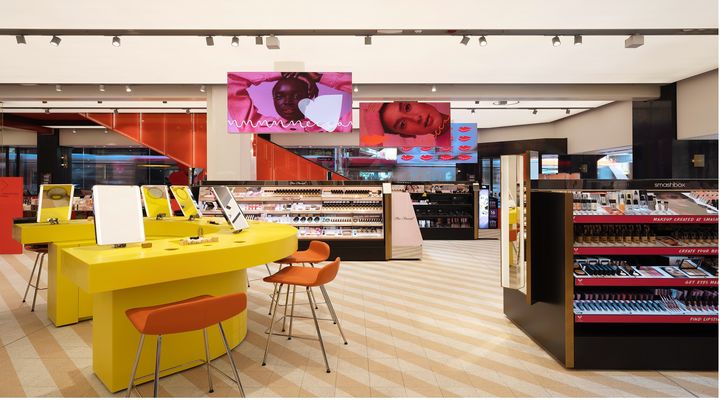With Australia and New Zealand’s leading beauty retailer Mecca now partnering with product lifecycle management (PLM) software provider Centric to improve automation for its compliance and traceability processes, expectations are that the comprehensive solution will support large-volume product launches while meeting strict compliance regulations and ensuring label accuracy in multiple trading markets.
The move has underscored a growing consciousness amongst Australian retailers of the value of PLM solutions in a market where the concept has yet to achieve full recognition for its potential. Such solutions can serve to bolster growing retail businesses, helping them to achieve faster time-to-market and higher profits.
For those new to the term, PLM is a software tool that streamlines and simplifies new product development processes. In any business where products are assembled from parts sourced from multiple suppliers – particularly in cases where the specifications of those parts are subject to strict compliance regulations – PLM manages the entire specification process from the initial concepts all the way through to production and ongoing product management. PLM governs the “getting it right” procedures to ensure that when a product goes to market it bears a label that accurately reflects its composition and is fully certified – even if its component parts have been switched out or updated during the development process. The software renders the complicated spreadsheets that many vendors use to keep track of their product components obsolete, and substantially simplifies the development phase when more SKUs are added to the production line.
“What the PLM does is create one source of truth and ensures that everything’s got referential integrity,” says Centric Software sales director ANZ Graham Jones. “Everything’s connected, so when you change a supplier or you change a material, then that’s reflected in all the styles that source that material. It’s also a collaboration tool, so you can get your suppliers to log on as well, achieving higher remote collaboration effectiveness and efficiency. The idea is that anybody involved in product development is using the system. They’re not firing stuff around in emails, spreadsheets, Word docs or Adobe Illustrator files, it’s all controlled in that one single source of truth.”
If an error occurs in a garment manufacturer’s production cycle, it can spoil an entire factory order, costing time and money. Cosmetics manufacturers and retailers such as Mecca, as well as F&B and personal care industry players, need to make sure the chemical and/or nutritive components of their goods comply with regulatory standards that may differ from place to place in the various markets they engage in. Using a PLM solution can also result in more accurate sampling, reduced sample wastage and better sourcing and costing.
“When you’re dealing with beauty and skincare products, you must adhere to a whole lot of other regulations that say, a garment manufacturer wouldn’t have to,” explains Jones. “You have to prove that the ingredients are safe for the consumer while ensuring that your products are compliant and the labels reflect exactly what’s inside them. If you’re doing that on spreadsheets, then you could have someone going and changing an ingredient and then the label may not change if that’s handled by someone else in another spreadsheet. So with our system, if you change an ingredient then that will automatically be reflected on the label because it’s all connected.”
Centric has an agile implementation approach to build PLM into a firm’s production systems that, once up and running, can substantially reduce time costs in terms of operational efficiency. The resulting profitability increase can very quickly recover the onboarding costs while resolving the exponential increase in complexity a company faces when expanding product lines and entering new markets, rendering those propositions far less chaotic. Despite this fact, it can often be difficult for management-level executives to appreciate the scope of the solution.
“It can be a nightmare doing those spreadsheets,” says Jones. “I would say that the problem becomes critical as a company gets to $100 million worth of revenue, but quite often they just soldier on. The people in the R&D area and the compliance team absolutely know the pain. But when you get up to the executive level, they don’t tend to understand the pain point quite as much. There’s often a lack of appreciation or understanding for what PLM can do for their companies.”
The key differentiator for Centric is that the solution is end to end. There’s no need to integrate different software suites to accommodate a business’ growth, considering that Centric approaches all related processes with multiple modules tailored for different market verticals.
“So if you as a company expand into other areas – and this is where we’ve been so successful in multi-category retail – you know that with Centric you’re not going to have to invest in additional products,” says Jones. “Centric has the functionality that’s unique to each of those verticals. Food and beverage has recipes, health and Beauty has formulations; apparel has a bill of materials and size charts, footwear’s different as well. Our product covers all of that, so you know that you’re future-proofed no matter where you go.”
Email graham.jones@centricsoftware.com to learn more about the Centric system and set up a discovery call or click here to learn the Mecca story.






